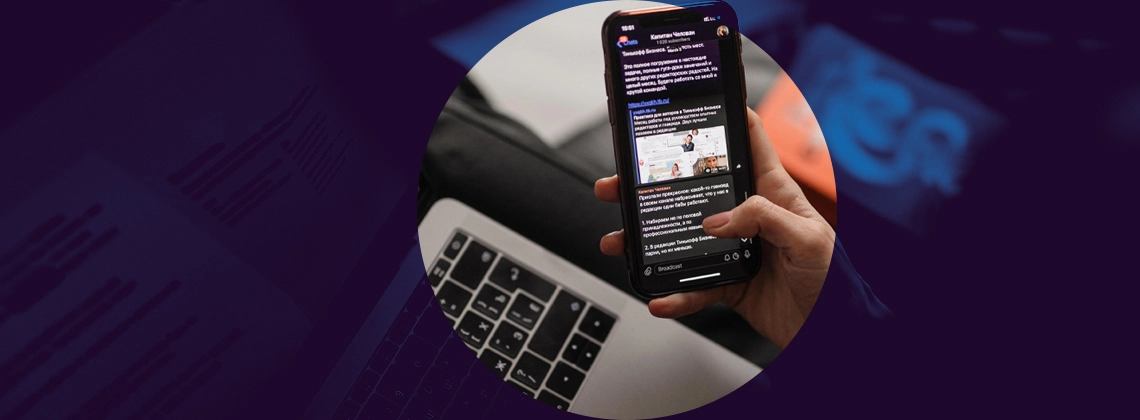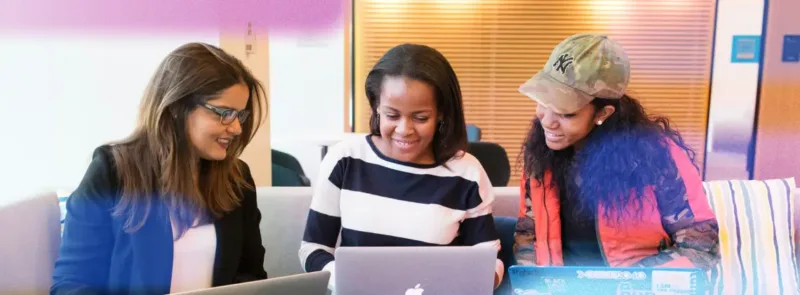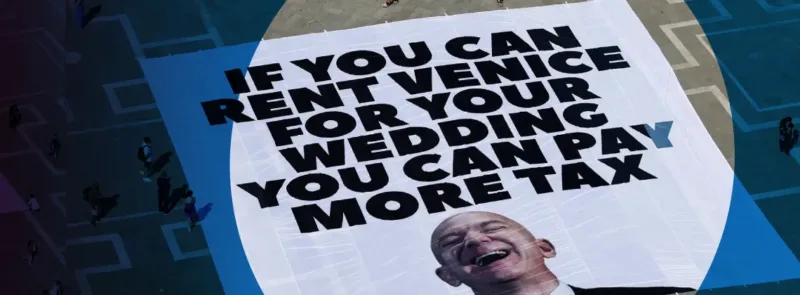News analysis
Could AI wipe out humanity?

In 2014, the famous British scientist Stephen Hawking said that efforts to create ‘thinking machines’ pose a danger to human existence.
In an interview with the BBC, he said, ‘The development of full artificial intelligence could spell the end of the human race.’
It was a stark statement, so why did he make it?
First, he made the statement in response to a question about how AI had helped improve the tools he used to speak.
Prof Hawking said that while early AI had proven very useful, the consequences of creating something that could match or surpass human intelligence are very concerning.
“It [the AI] would take off on its own and re-design itself at an ever-increasing rate,” he said.
“Humans, limited by slow biological evolution, couldn’t compete and would be superseded.”
Now that everyone has seen the immense yet flawed power of generative AI like ChatGPT and Bard (by Google), does Prof Hawking’s prediction appear even closer to reality?
What are the biggest dangers of AI?
The biggest dangers of AI include the following:
- Autonomous weapons that gain a ‘mind of their own’ and start killing people
- AI’s power for social and electoral manipulation, especially in weakening democracies like the US and the UK
- Invasion of privacy and social grading (like China’s social credit system)
- Millions of job losses due to AI-powered job automation
- AI biases and prejudices that put minority populations at risk
- Algorithmic trading that could trigger the next financial crisis
And it’s not just the tech bros and scientists who envision the incredible power of AI.
Russia’s Vladimir Putin said, “Artificial intelligence is the future for Russia and all humankind. It comes with enormous opportunities but also threats that are difficult to predict. Whoever becomes the leader in this sphere will become the ruler of the world.”
Read more: An open letter calling for a pause on large AI projects by the Future of Life Institute.
Can AI take over the world?
AI encompasses various technologies and applications and is not a single entity.
It is unlikely that a single AI system or application could dominate the world.
However, soon, machines could be so sophisticated they can hack into essential systems such as power grids and financial systems, gaining control of vital aspects of human life on the planet.
What did Elon Musk say about AI?
As far back as 2014, Elon Musk warned an audience at MIT that AI is “our biggest existential threat”.
“I think we should be cautious about artificial intelligence. If I had to guess our [humanity’s] biggest existential threat, it’s probably that. So we need to be very careful,” said Musk.
“I’m increasingly inclined to think that there should be some regulatory oversight, maybe at the national and international level, just to ensure that we don’t do something very foolish.”
He went on to say: “With artificial intelligence, we are summoning the demon. In all those stories where there’s the guy with the pentagram and the holy water, it’s like – yeah, he’s sure he can control the demon. Doesn’t work out.”
Read more: As a company director, leader or board member, you should ensure your organisation has a policy on AI use in the workplace. Here’s a guide.
Why AI will not take over the world
In straightforward terms, AI will have difficulty replacing humans because AI can’t replace human talent.
AI can do certain things faster than humans, like research and writing advertising copy or creating computer code or image manipulation. However, AI still can’t think independently and doesn’t have a creative soul.
In specific tasks, artificial intelligence excels, but it must rely on training data to “think”.
Artificial intelligence cannot innovate or create, so businesses will still rely on humans to develop new ideas.
Communication is another thing humans excel at. Good communication is essential for leadership, team building, and establishing relationships with clients.
AI won’t replace human talent; it may even help it thrive.
AI is a tool, just like the printing press that revolutionised communication, or the personal computer, and then the Internet, which changed the world financially, socially and creatively.
Will AI replace the human race?
In 2020, Musk told the New York Times that AI would grow vastly more intelligent than humans and overtake the human race by 2025, adding that things would get “unstable or weird.”
Despite Musk’s prediction, most experts in the field say humanity will survive as AI develops but there are growing calls for the industry to be regulated.
Learn more about ChatGPT at work. Maximising use, preventing misuse.




